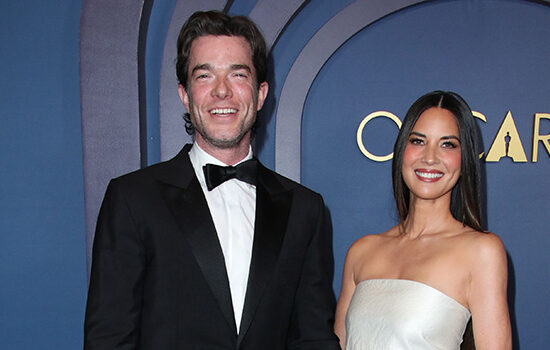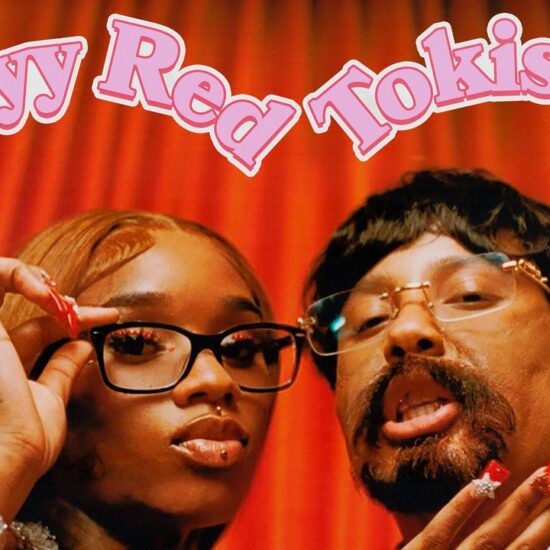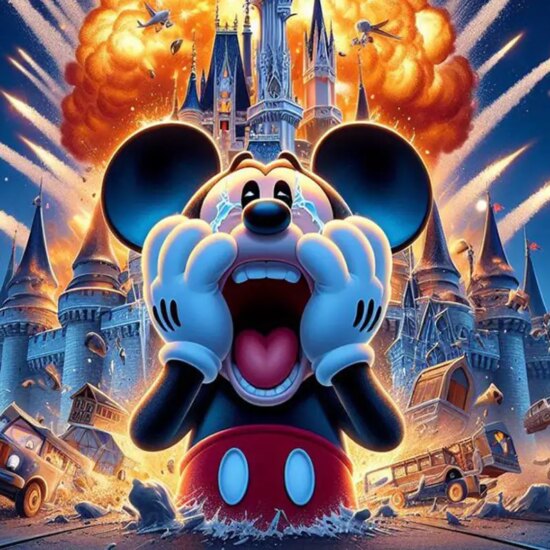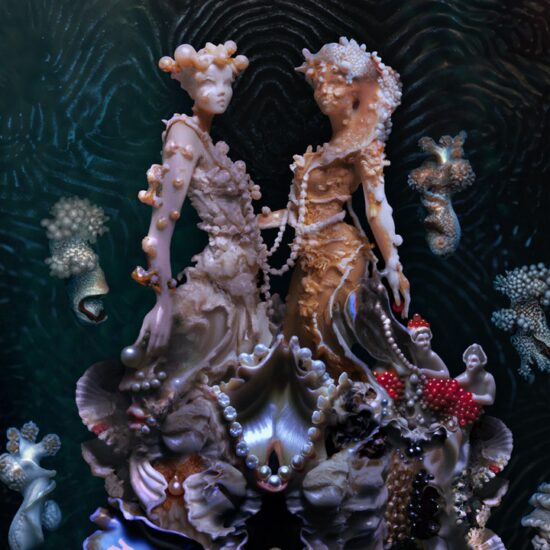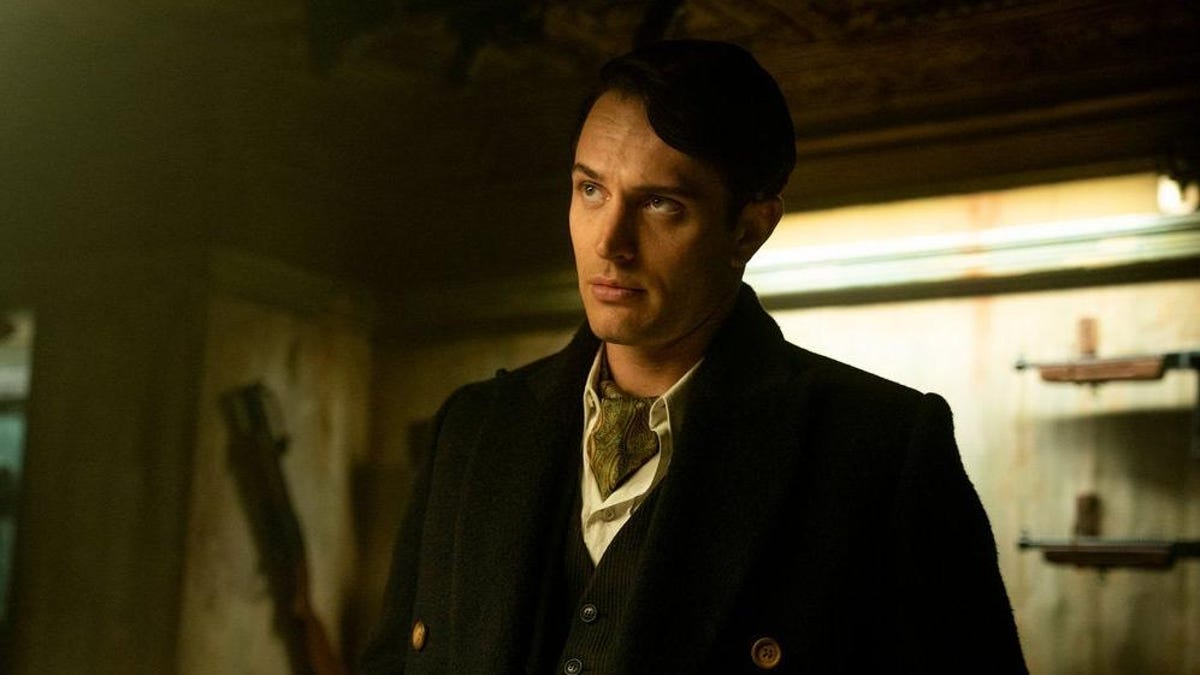
One of the beautiful things about the John Wick movies is that they seem like a perfectly balanced tightrope walk: They always carefully avoid the extremes when it comes to gun violence, regular violence, the complicated mythology of their universe, the backstory of John Wick himself, and what the world looks like beyond this global community of assassins. One of the miracles of this franchise—in a world where Disney+ is squeezing everything it can out of Marvel and Star Wars while Paramount+ does something similar with Star Trek—is that nobody has come along to disrupt that careful balance with endless tie-ins and spinoffs and “expanded universe” stories.
Until now! Len Wiseman (of all people) is working with Ana de Armas for Ballerina, a spin-off from John Wick: Chapter 3—Parabellum about the, yes, ballerina assassins that briefly pop up in that movie. But before that hits theaters, we have The Continental: From The World Of John Wick (which premieres September 22 on Peacock), a three-part miniseries about how Winston Scott—played in the movies by Ian McShane—came to find himself the proprietor of the eponymous safe haven for killers. Even more than Ballerina, The Continental seems like the thing that poses the most risk of disrupting that perfect balance, since it’s about a few canon John Wick characters and is all about a canon John Wick location, but without any of the core John Wick creators involved beyond the producer level (and with no mention of Keanu Reeves, even as a producer). Also, perhaps more important than anything, Mel Gibson plays one of the main characters.
On paper, this sounds like a mess. By all accounts it should be a mess. John Wick fans would be forgiven for hoping they can write it off, sight unseen, if only to maintain the purity of the original films. If only to avoid having to avoid looking at Mel Gibson. If only to avoid having the knowledge that the otherwise impeccably cool John Wick series now contains Mel Gibson.
But The Continental isn’t a mess. It’s fine, if anything, and for the most part—one notable casting decision aside—it doesn’t really screw up the John Wick canon in any way. It doesn’t ever really feel like the movies, but that seems like a conscious decision on the part of the show’s creators (Greg Coolidge, Kirk Ward, and Shawn Simmons) who have specifically set this in an almost cartoonishly grimy version of ’70s New York rather than the slick modern version of the city that priced out all of the mom-and-pop karate dojos and grizzled, muscle car-driving detectives cheating on their wives. (These are things in the show.)
At the same time, The Continental assumes you are deeply familiar with the John Wick mythology, to the point where it’s mostly never explained just who is and is not aware of what the High Table is, what the rules of The Continental are, and what the heck an “Adjudicator” does. Granted, the movies are pretty tight-lipped with answers like that (ask a Wick fan to explain the difference between an Adjudicator and a Harbinger without saying “one of them is Mr. Krabs”), but they also make it fairly clear who is and is not already aware of these things. (If you are trying to kill John Wick, you know. If you are in the background, blissfully unaware of the carnage unfolding around you as people try to kill John Wick, you do not.)
The unclarity extends to pretty much the whole central cast of The Continental, including Colin Woodell’s young Winston, who returns to New York after getting rich conning people in London because his brother, Frankie, has stolen something very valuable from local crime boss—and hotel impresario—Cormac (played by … heavy sigh … Mel Gibson). Winston worked for Cormac as a kid, but it’s never super clear just how involved he is in the world of killers who are paid in gold coins and use gold coins to pay for everything, and other quirks of the Wick universe, until the point where it would be impossible for him to be anything but an expert.
It’s annoying that questions like that hang over the miniseries, because Woodell is good in the role—both at emulating McShane’s performance and at doing his own thing. He doesn’t pull it off as well as Keanu Reeves, but he does carry a bit of Wick-esque world weariness and general disinterest in the wacky shenanigans happening around him, which is the right vibe for this thing.
One character who manages to sidestep all of this is Ayomide Adegun’s Charon, a young version of the character Lance Reddick played in the movies, where he’s the ultimate friend and ally of McShane’s Winston. Here, he works as a personal assistant for Gibson’s Cormac, excusing and hiding his various deranged behaviors in hopes of someday earning enough money to bring his father to New York. He brings some depth and charm to the exceedingly restrained and professional Charon, and we even get a sweet little glimpse of what Charon’s love life would be like if he allowed himself any sort of joy outside of work.
And then—grumble grumble—there’s Gibson. To be clear: This show, and all shows, would be better without him. There’s nothing he brings to this that anyone other than Mel Gibson would not do better, if only by not being Mel Gibson. But also he’s unfortunately well-cast and seems to be having a lot of fun in the role of a maniac boss with some kind of vague Catholic streak and a god complex, if you can imagine Mel Gibson being well-suited to that. It’s a bummer, honestly, and knowing that he’s enjoying it makes it that much more difficult to enjoy as a viewer.
Which is a shame, because there are some interesting choices here—like the near-constant needle drops of hit songs from the era, nearly all of which are diegetic, which doesn’t impact the show at all (nobody ever says “hey, turn down ‘Barracuda’ by Heart”), but it is neat that someone put in the effort to do that. Also, while a lot of what would be enormously expensive sequences take somewhat distracting shortcuts (a car chase is edited quicker than a Cocomelon episode, and one big shootout takes place entirely in the dark), there are a handful of clever or well-staged fight scenes (like one that takes place almost entirely on security-camera footage). Again, nothing on par with, say, John Wick fighting up the steps of the Sacré-Coeur in Paris, but they’re serviceable.
That, ultimately, is the faintest praise you can damn The Continental with: It’s serviceable. Even with Mel Gibson involved, it’s not bad enough to hurt the John Wick franchise, but it’s also not exciting enough to justify becoming a key part of the canon. If they make a Chapter 5 and McShane’s Winston says something that directly contradicts the events of this show, it’ll be fine. In a way, it’s really not too different from the weaker parts of what all those other streamers are doing with their flagship film franchises. It’s there for the people who care enough to check it out, but it’s not going to get in your way if you don’t.
The Continental: From The World Of John Wick premieres September 22 on Peacock









